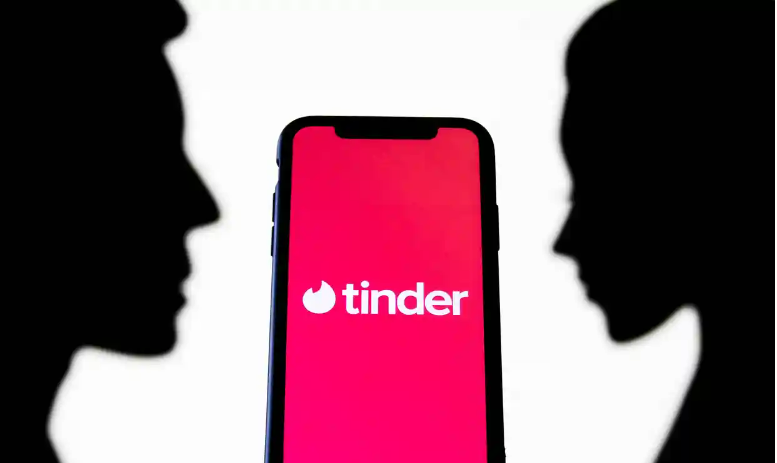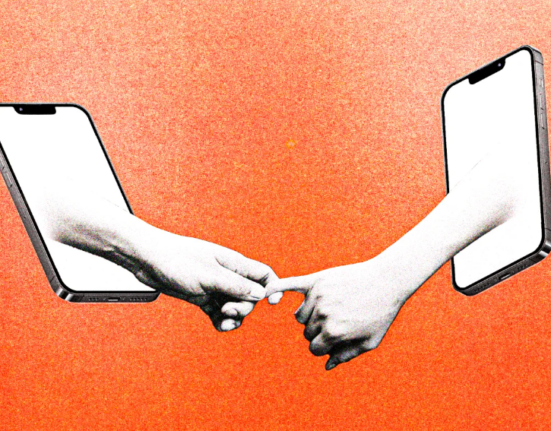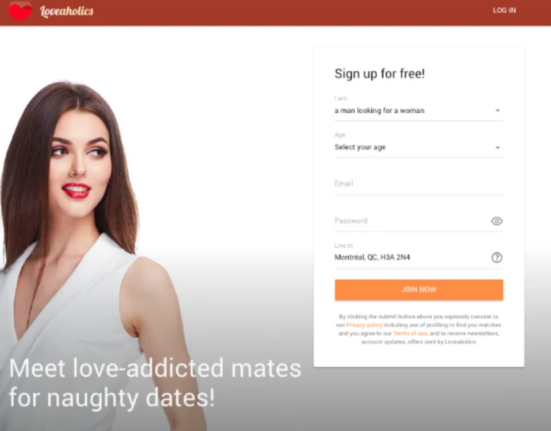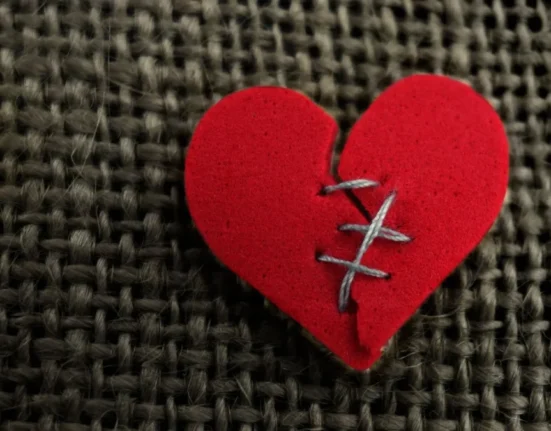Last Updated on September 22, 2022 by Rachel Hall
Let’s get one thing clear: endlessly doing anything, really, is going to be bad for your mental health. Endlessly going to the gym, endlessly drinking, endlessly doing the same monotonous job – it makes life feel like a drag, and that can’t be good for you.
So why would dating apps be any different? I think there should be a rule. Every six months, delete your dating apps for, say three months. Use that time to flirt with someone at a bar, go paragliding, and do whatever you want! But stop looking at Tinder, checking Coffee Meets Bagel, logging in to OkCupid and live your life for a bit.
Not Everyone Is Right For Tinder
Tinder is turning ten. Happy birthday to the app and all the babies who have been born because of it over the past decade. Whilst the CEO of the company cuts a cake and bloggers such as myself write little think-pieces about how the market has shifted because of Tinder’s influence, we should also consider that at least one person has dutifully checked the app every single day for the last decade. God, they must be sick of it.
They must be so burnt out. Do you think their thumb swipes left and right as they sleep? Perhaps they’ve tried revitalising their profiles and switched the pictures of fish to group photos to a snap of them with their siblings as babies and now children with opinions. They must have come across every possible chat-up line and every question about their job, hobbies, or siblings. They want love and companionship and they can’t find it. Still, they log on. Still, nothing has materialised. Of course, their mental health is bad.
Some People Love Tinder
Whilst I can’t vouch for the person above, I certainly know folks who have been on and off Tinder for years. Occasionally they’ll meet someone and have a fling, or even a short relationship, but they always seem to end up back there in the end. Here’s the thing, though: they’re fine! They love dating and they’re always ready to have a little flirt.
Their mental health seems pretty good from an outsider’s perspective, and they’re enjoying their busy dating life. Their experiences have mostly been fun and their dates are, at worst, something they’ll laugh about later. Perhaps the key difference is the intended outcome. The first person is on Tinder to find the love of their life, the second person is on Tinder to have casual sex and maybe play MarioKart.
Are You Right For Tinder?
Here’s the thing to remember. Tinder isn’t designed for long-term relationships. It’s basically UberEats for sex. If you want to find a potential spouse, why not look at Hinge or eHarmony, instead of getting frustrated by repetitive one-line conversations that mostly turn into nothing. If you go onto each site with realistic expectations, it’ll be much better for your mental health and ultimately far less annoying. That’s my advice, anyway. The other thing I think you should bear in mind is that you shouldn’t be on dating apps just because you’re feeling lonely.
There’s nothing wrong with being alone and if you are struggling with that, hopping into bed with another person is going to make things worse. If a friend of mine had got divorced or gone through the breakup from a long-term relationship, I wouldn’t slap them on the bum and send them off for a date – I’d talk to them and encourage them to make new friends, discover hobbies, reconnect with family members or maybe get a dog. If you don’t have someone in your life to tell you this, take it from me. Loneliness can negatively impact your mental health, and dating apps won’t stop you from feeling lonely.
Conclusion
A decade after Tinder’s release, the world is a very different place. It didn’t end – although it felt like it might, at times. I’m not sure we can blame Tinder for that, though. One thing has become increasingly clear, and that’s that we do have problems with mental health and loneliness, and absentmindedly scrolling through Tinder probably doesn’t help. That isn’t to say it’s solely responsible.
But perhaps if you’re looking to Tinder to solve that problem, you should evaluate if you’re in the right place, and perhaps seek help if you’re worried about your mental health problems, or make friends if you’re feeling lonely. Tinder is fine, Tinder is fun, but it’s no substitute for an unfulfilling life or antidepressants.

Rachel Hall, M.A., completed her education in English at the University of Pennsylvania and received her master’s degree in family therapy from Northern Washington University. She has been actively involved in the treatment of anxiety disorders, depression, OCD, and coping with life changes and traumatic events for both families and individual clients for over a decade. Her areas of expertise include narrative therapy, cognitive behavioral therapy, and therapy for traumatic cases. In addition, Rachel conducts workshops focusing on the psychology of positive thinking and coping skills for both parents and teens. She has also authored numerous articles on the topics of mental health, stress, family dynamics and parenting.








Leave feedback about this